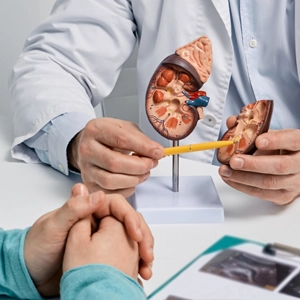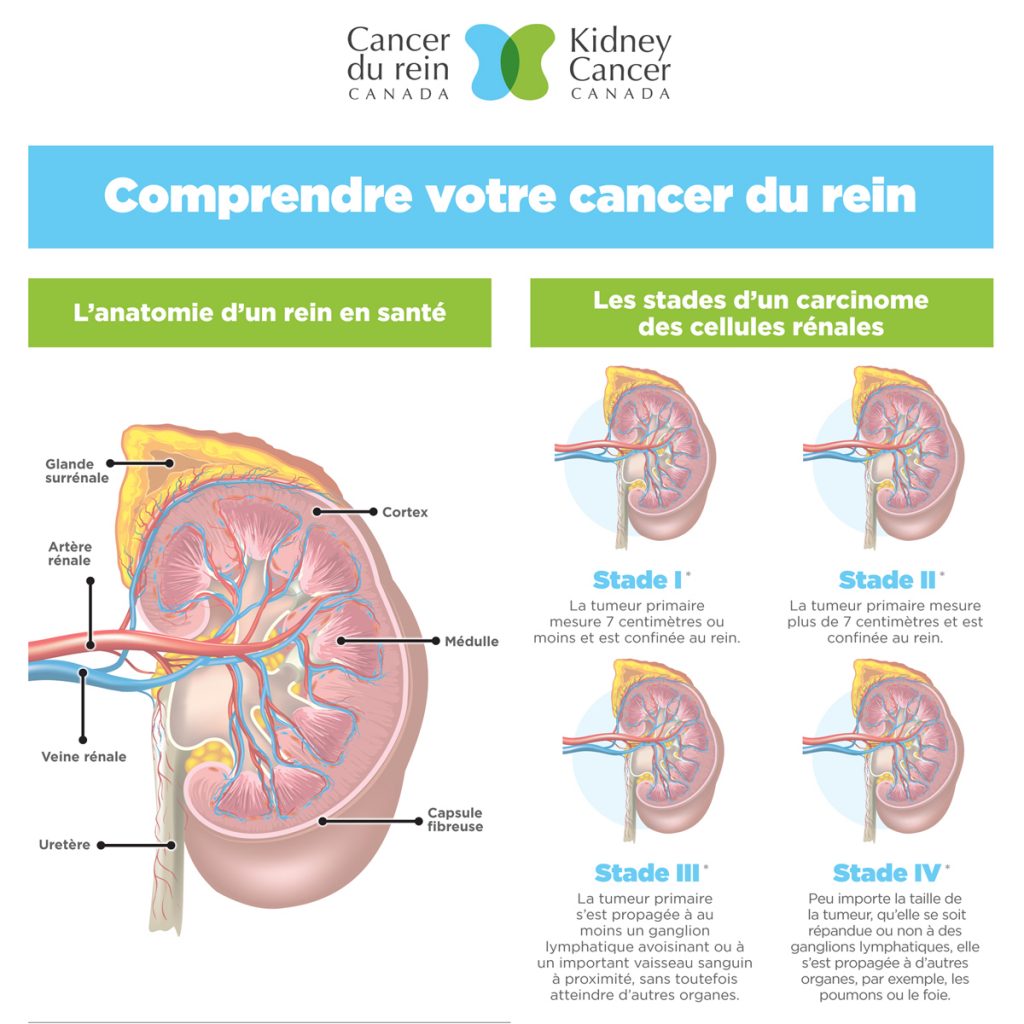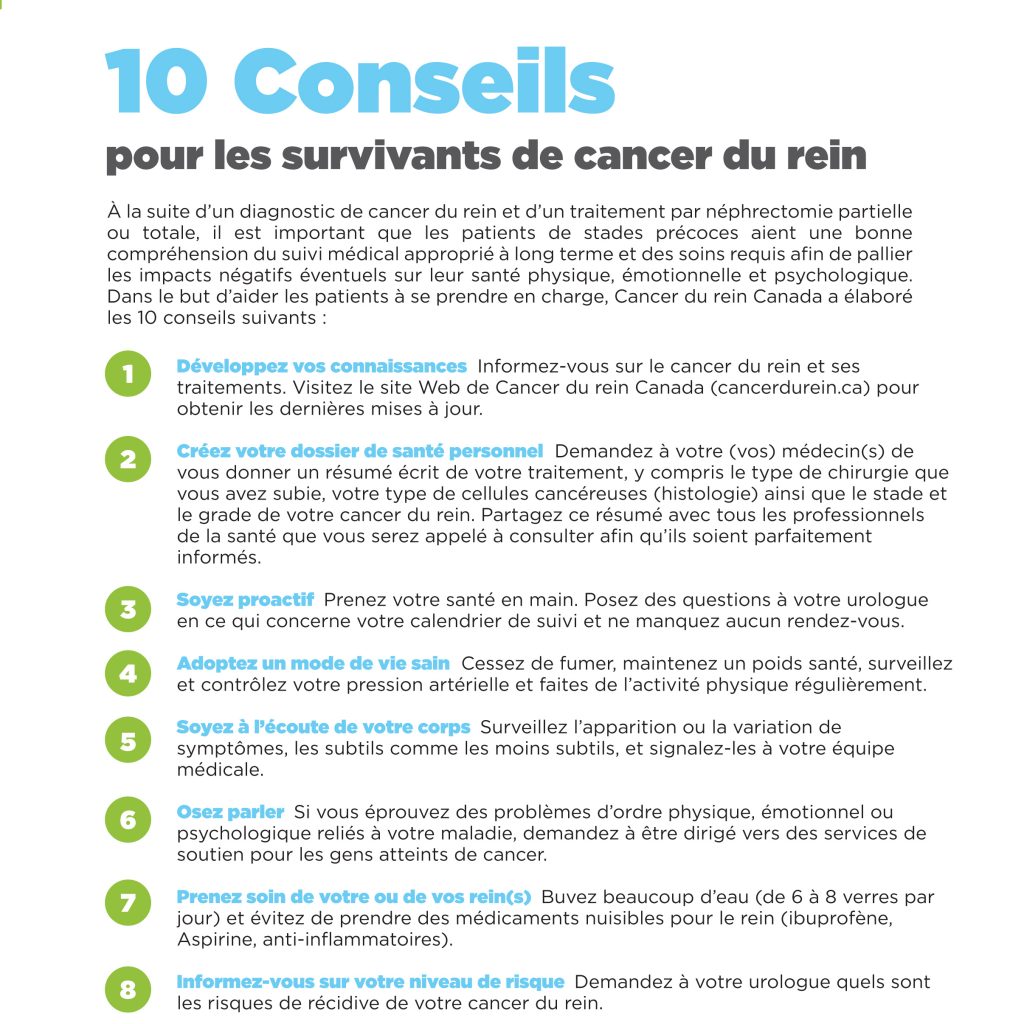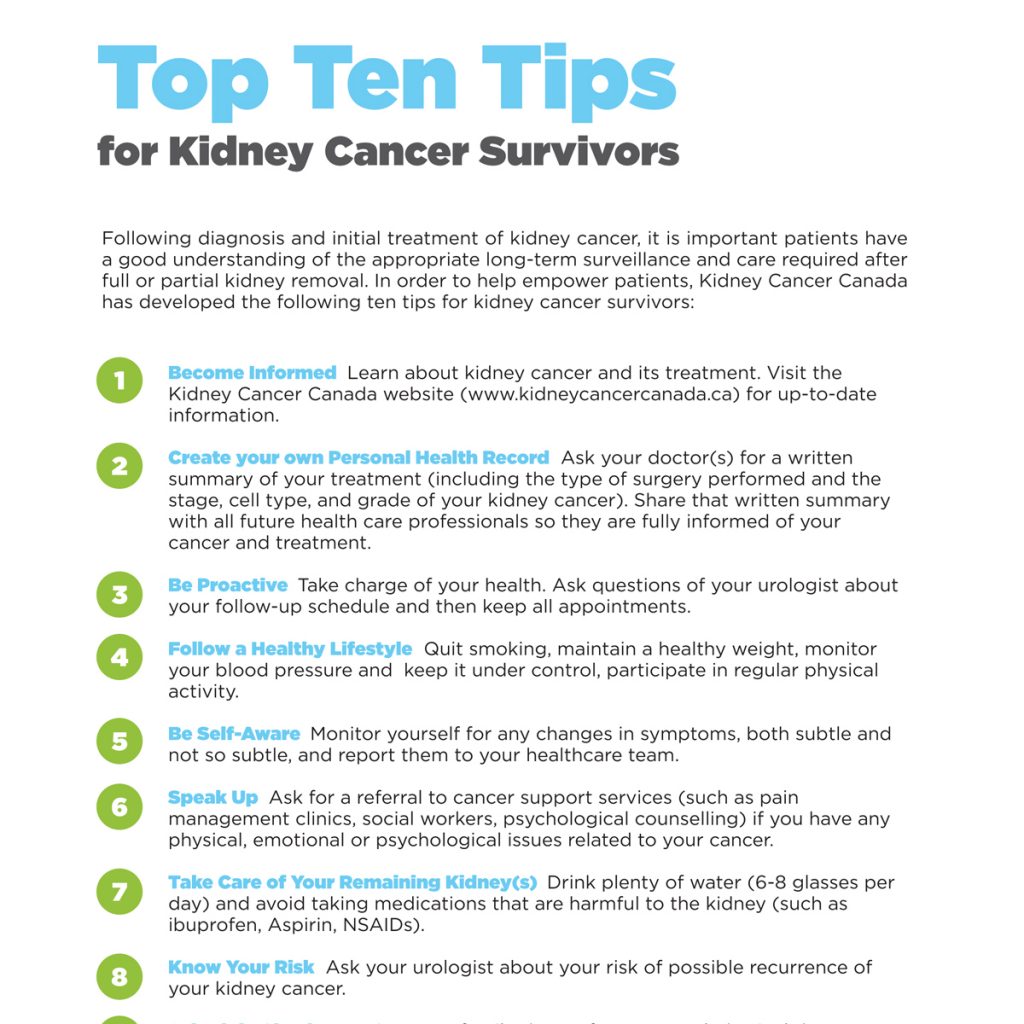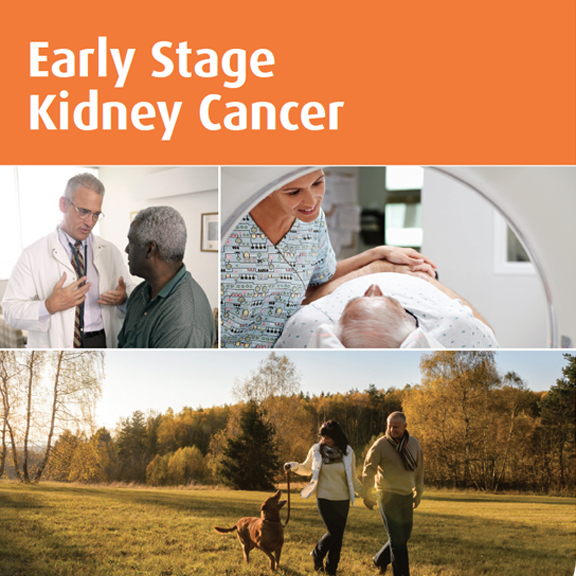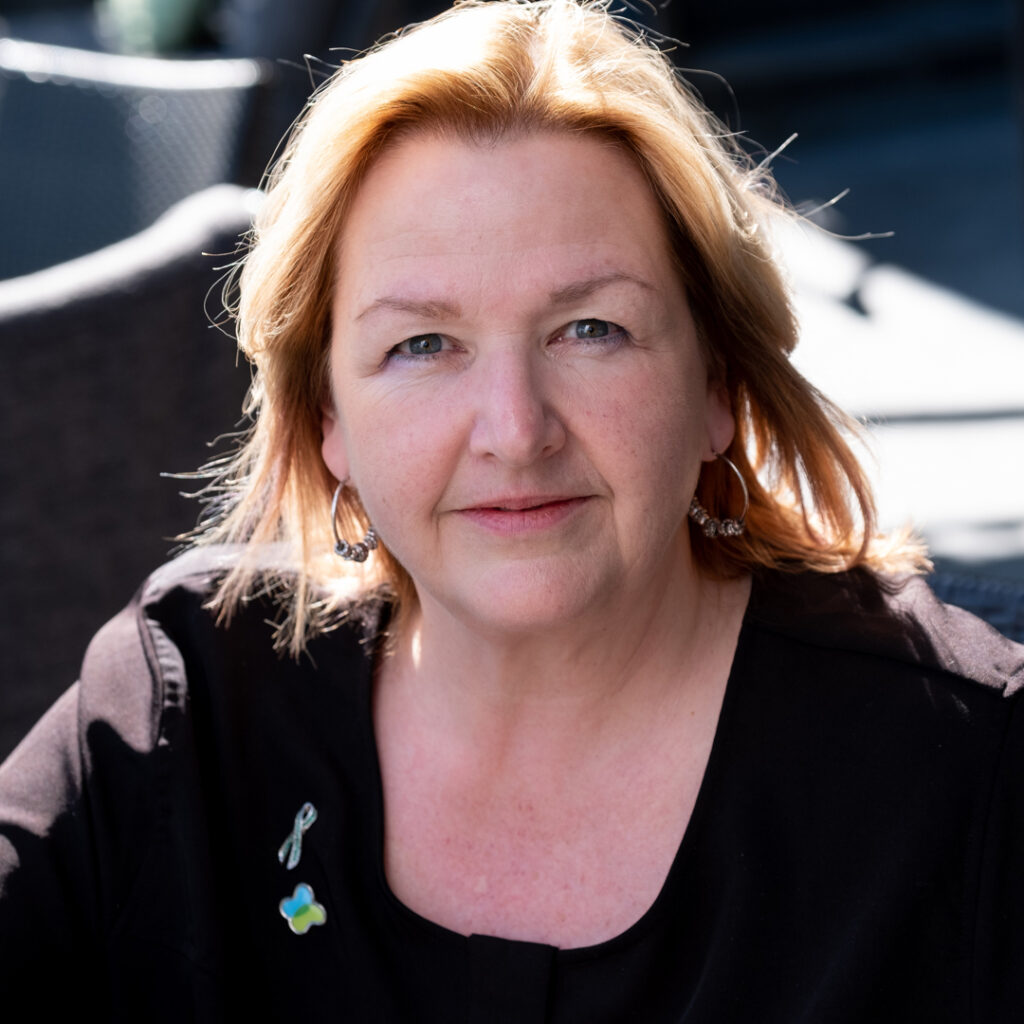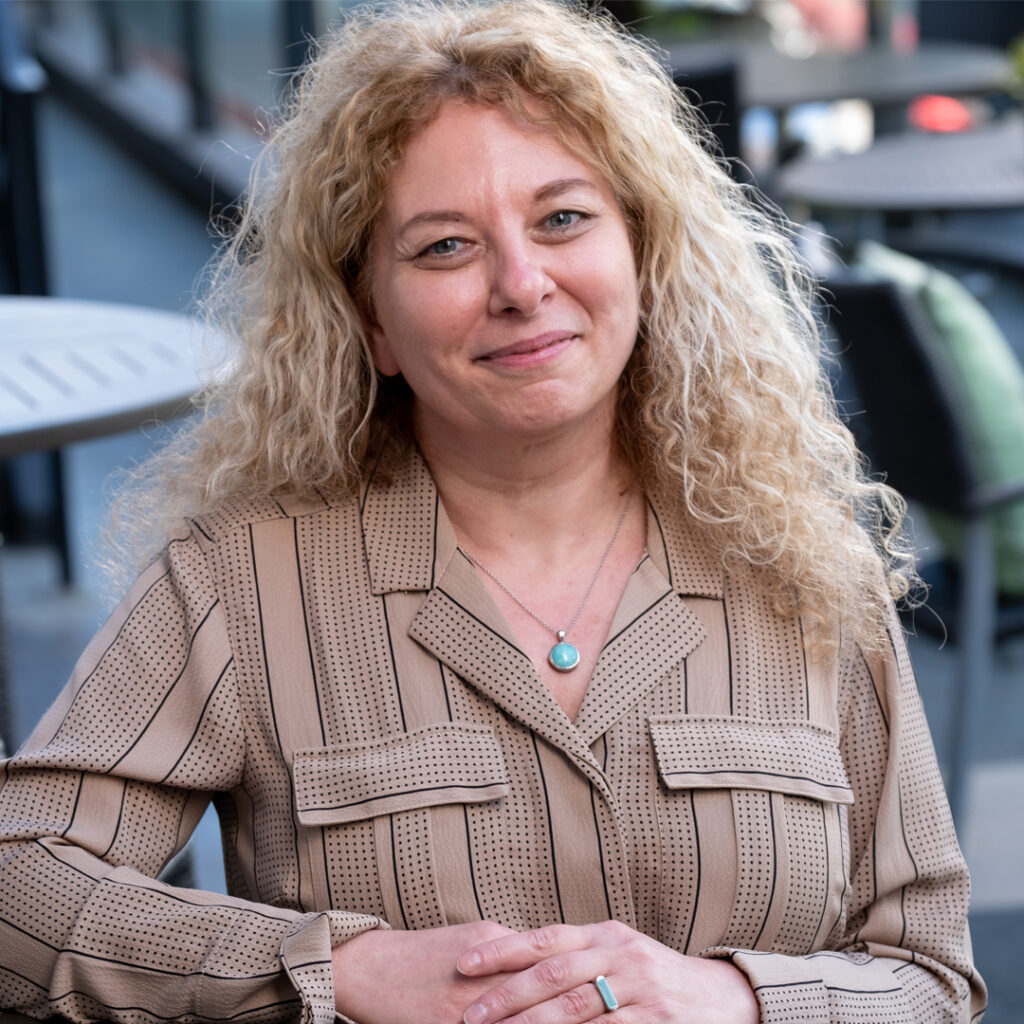
Kidney cancer research grant winners – 2023
We are proud to announce the winners of the 2023 Warren Y. Soper Charitable Trust and The Anil Kapoor Kidney Cancer Research Grant.


Dr. Luke Lavallée
Ontario
PREVENT GU: Prevention of thromboembolism with rivaroxaban in GU cancer patients receiving chemotherapy: A Randomized Placebo-Controlled, Double-Blind Clinical Trial
REASEARCH GRANT $50,000
This Pilot Trial will determine if a large randomized trial of thromboprophylaxis with rivaroxaban versus placebo is feasible in patients with kidney and other GU cancers receiving systemic therapy. The Full Trial will be considered feasible if an average of ± 2 patients/site are enrolled per month. The Full Trial will determine if rivaroxaban (intervention) reduces VTEs (efficacy outcome) compared to placebo (control) in patients with GU cancers receiving systemic therapy (population), with acceptable bleeding risk (safety outcome).

Dr. Yasser Riazalhosseini
Quebec
High-resolution understanding of molecular drivers of aggressive sarcomatoid/rhabdoid renal cell carcinomas
REASEARCH GRANT $50,000
Renal cell carcinoma (RCC) is characterized by marked heterogeneity in terms of tumor biology and clinical outcomes. Most patients are affected by localized disease (tumor is confined in the kidney) and undergo surgical removal of the kidney or tumor but a third of these patients develop relapse or metastasis, which is life-threatening. Notably, it remains difficult to predict risk of relapse or metastasis post-surgery among patients with localized disease. Furthermore, metastatic RCC, which accounts for about 30-40% of all cases, is refractory to current treatment options and is therefore incurable. Indeed, only a modest proportion of patients benefit from durable response to treatments with anti-angiogenesis (e.g., anti-VEGF) or immune-checkpoint inhibitors (ICI). Translational research undertaken by Dr. Riazalhosseini’s team leverages expertise in genomics, computational and molecular biology and experimental models of RCC tumors to identify and characterize novel biomarkers for risk assessment and response to therapies, as well as new therapeutic targets in order to improve disease outcomes and patient survival. This research program benefits from close collaboration with expert clinicians who develop clinical guidelines for managing RCC in Canada and internationally.

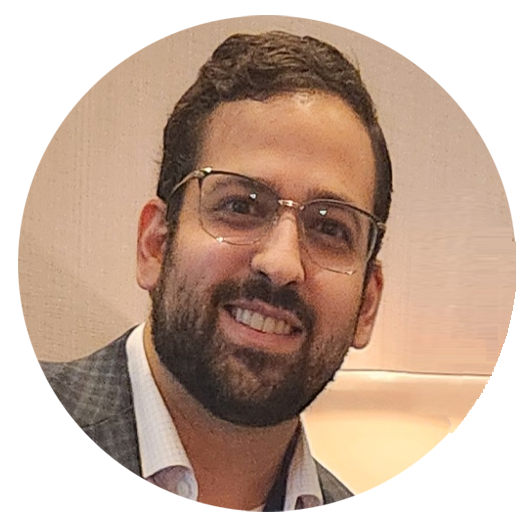
Dr. Ali Fawaz
Ontario
Artificial Intelligence Enabled Biomarker: Predicting Response to Immunotherapy in Renal Cell Carcinoma Using Machine Learning Models
REASEARCH GRANT $100,000
RCC affects nearly 500,000 people globally every year. Patients with metastatic RCC have multiple options for treatment; however, selecting the optimal treatment for each patient is a challenge. This can be illustrated with the doublet immunotherapy regimen of ipilimumab and nivolumab (IPI/NIVO). The average survival with this regimen is 55 months; however, response rates can vary greatly. Up to one-third of patients can have a deep response lasting beyond 5 years, as opposed to up to one-fifth of patients who do not respond at all. To date, physicians have limited tools to help them predict who will benefit the most from immunotherapy. Radiomics is a promising field that, with the help of artificial intelligence (AI), can analyze subtle features of medical images like computed tomography (CT) scans to help with clinical decision-making. The advantage of radiomics methods is that they can analyze features of imaging datasets that are imperceptible to the human eye at a rate and scale far exceeding capability. In collaboration with a team of AI and medical imaging engineers, we will conduct a study to develop an AI algorithm to predict how patients will respond to immunotherapy based on their medical imaging.

